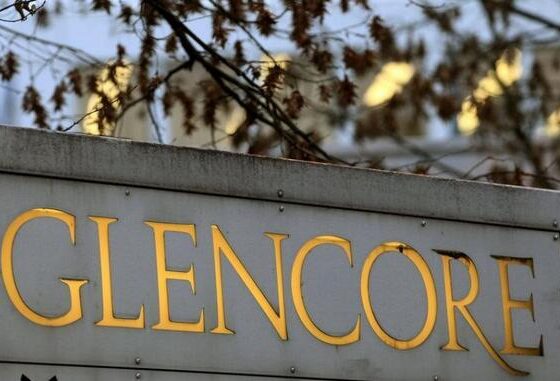

Economy
Glencore becomes last FTSE 100 board to appoint female director
The last all-male board in the FTSE 100 has appointed a female director, after enduring years of pressure to embrace equality and become more representative.
Glencore, the Anglo-Swiss mining and commodities giant, has appointed Patrice Merrin, a Canadian former mining executive as an independent non-executive director.
The firm persisted with its all-male board for years despite frequent criticism – most recently coming from business secretary Vince Cable.
Speaking in May, Cable said it was “simply not credible” that the company had no women at the table, and said he would demand a meeting with chairman Tony Hayward to discuss the issue.
Three years ago, the firm caused a scandal when then-chairman Simon Murray, said women were not as ambitious as men and “often they like to be bringing up their children”.
Announcing the long-awaited appointment, Hayward said, “On behalf of the board I am delighted to announce the appointment of Patrice Merrin.
“Patrice’s in-depth experience of operating across the resources sector will help strengthen the board’s ability to work with the opportunities and challenges presented by the global extractive industry.”
Cable added, “This is an historic day for the FTSE and for the reforms I’ve been pushing for to ensure that there is more diversity in the talent running our biggest companies.
“Huge progress has been made on this agenda since 2010 and from today every single top 100 company listed on the London stock exchange now counts a woman on their board.”
In 2011, a report from former trade minister Lord Davies suggested that the business case for including women at the highest level of business was indisputable.
Numerous studies outlined the advantages of more representative, diverse boards, suggesting that such companies enjoy improved performance while tapping into a wider talent pool, becoming more responsive to the market, and improving corporate governance.
Davies’ report set a target for 25% female representation at FTSE 100 companies by 2015. At the time, 21 FTSE companies had all-male boards. Now, there are none.
In January, the proportion of women on FTSE 100 boards topped 20% for the first time, up from up 12.5% in 2011, suggesting that Davies’ target can be achieved.
Photo: Mining Global via Twitter
Further reading:
Gender equality on boards improving – but pace is too slow
Government considers all-female shortlists for FTSE 100 companies
Number of women on FTSE 100 boards above 20% for first time
Lloyds of London appoints Inga Beale as first female CEO
The male-female boardroom divide































